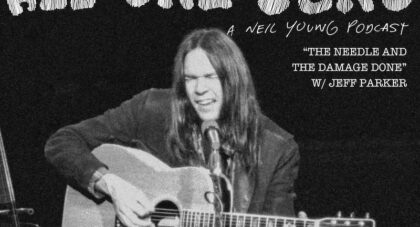In 1966, Al Stewart was just one of a handful of singer-songwriters trying to drag the folk club scene out from underneath the dead weight of traditionalism. Along with the likes of Roy Harper, Jackson C. Frank, Sandy Denny, and John Martyn, Stewart quickly became associated with a legendary London venue of humble, low-rent beginnings. Opened in the basement of a Greek Restaurant by the restaurateur’s son and dubbed Les Cousins, the club was an epicenter for a new wave of musicians who were all bucking . . .
Only the good shit. Aquarium Drunkard is powered by its patrons. Keep the servers humming and help us continue doing it by pledging your support.
To continue reading, become a member or log in.


